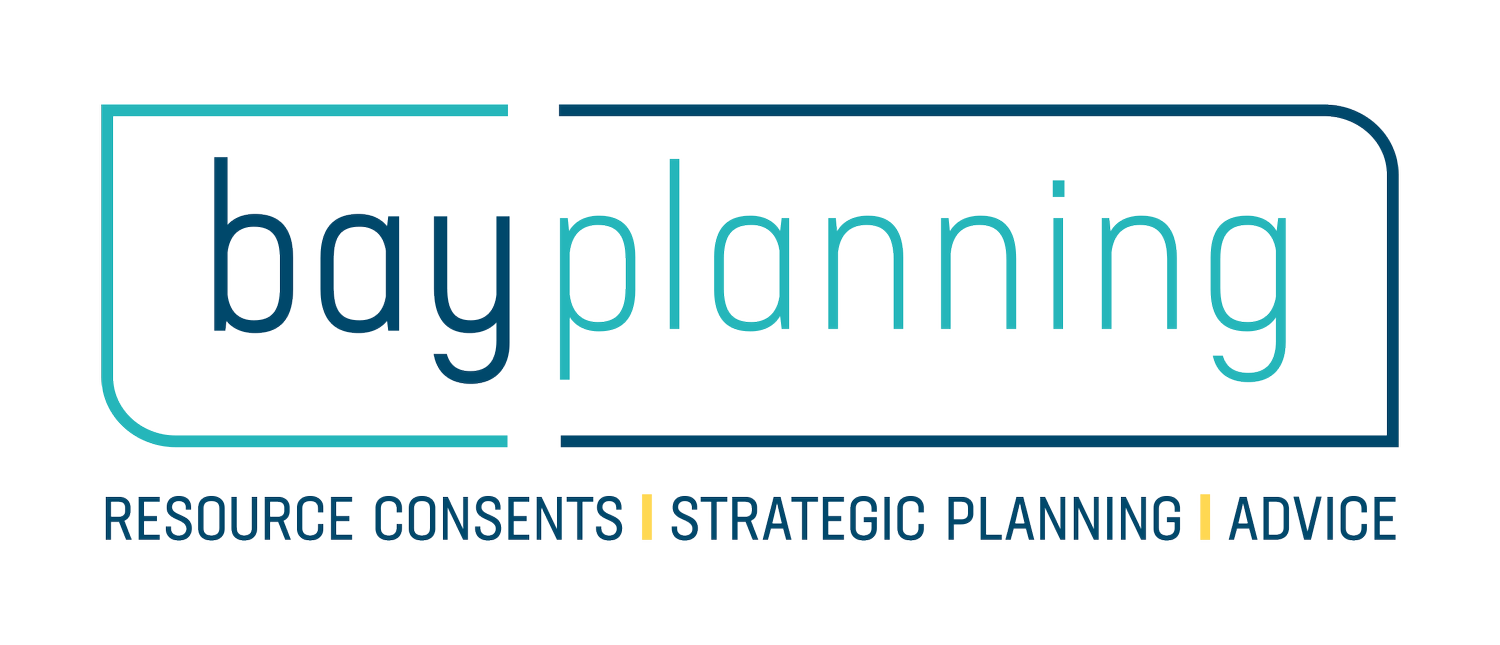
“Knowledge itself is power.”
-Sir Francis Bacon
FAQS
For Strategic Planning and Resource Consents in Hawke’s Bay and Beyond
1. What is a Resource Consent and when do I need one?
A Resource Consent is a permission required under the Resource Management Act 1991 to carry out an activity that might affect the environment or breach rules in
your local District or Regional Plan. You typically need one for activities like subdividing land, major building works, or activities that might impact natural resource
2. How long does the Resource Consent process typically take?
The timeframe can vary depending on the complexity of your application and whether it needs to be publicly notified. From when you get in touch with us to the time we lodge the consent depends on many factors, including other specialist input, plan creation and the requirement for a pre-application meeting with Council.
Once lodged with Council, simple, non-notified consents might be processed in 20 working days, while more complex or notified applications can take several months.
3. How can Bay Planning help me prepare my Resource Consent application?
At Bay Planning, we handle all aspects of your application preparation. We’ll compile the necessary documents, including the application form, detailed plans (prepared
by others), and the crucial Assessment of Environmental Effects (AEE). Our team also coordinates with technical specialists when needed, ensuring your application is
comprehensive and well-prepared.
4. What costs are involved, and how does Bay Planning help manage these?
We provide a clear fee structure for our services and help you understand potential council fees. Our expertise allows us to efficiently prepare your application,
potentially reducing overall costs. We'll also advise on ways to streamline your proposal, which may help minimise fees and processing times.
5. What happens if there are issues with my application, and how does Bay Planning assist?
If any concerns arise, our team at Bay Planning will liaise with council planners on your behalf. We can suggest modifications to your proposal if needed, or prepare a
strong case for approval. If an application is declined, we'll advise on the best course of action, whether that’s an appeal, a revised application, or an alternative approach.
6. How does Bay Planning determine if my proposed activity requires a Resource Consent?
Our planners are experts in the Hastings, Napier, Central Hawke’s Bay and Wairoa District and the Hawke’s Bay Regional Plans. We’ll assess your proposal against these
plans to determine if a consent is required. If it’s a borderline case, we can arrange pre-application meetings with the council to clarify requirements, saving you time
and potential complications.
7. What ongoing support does Bay Planning provide throughout the Resource Consent process?
We offer end-to-end support, from initial consultations through to consent approval. This includes preparing your application, liaising with the council, responding to any
requests for further information, and representing you at hearings if necessary. We keep you informed at every stage and handle the complexities of the process,
allowing you to focus on your project.
8. Do you also do Building Consents?
No, we do not do building consents. We like to explain it like this – a resource consent is for the activity, the building consent is for the structure. We will always
recommend you get advice from a licensed building practitioner before you proceed with any building consent.
9. I know I need a Resource Consent, but I really don’t want one, can I get away with it?
Sometimes, but it generally comes back to haunt you! If you carry out building works on a property (a good example is locating a transportable unit onto the site to be
used as a second dwelling/minor unit) and it needed resource consent, when you come to sell your property, this could hold up any potential sale. Having unconsented building works on your property also affects your insurance. We know that getting a resource consent can be an unwanted hassle, but we like to encourage our clients to look at it like an opportunity rather than a burden. A resource consent might allow you to do exactly what you want on your property, rather than being limited by what the District Plan restricts you to.
Often the cost of the resource consent might end up only being 5% of your overall development cost, but unlocks the potential to increase the value of your asset many times over that initial cost.
10. My neighbour has asked me to sign some “affected persons approval forms”, what should I do?
Always make sure you have all of the relevant information in front of you. Are they asking you to sign a form that is from the Council? Have you seen the plans? Are they
explaining to you exactly what you are signing? When you sign an “affected persons approval” form, you are waiving your right to be considered affected, this is a legally binding form and one that we encourage all neighbours to take seriously. If in doubt, we are happy to have a look over the information for you and can provide some advice before you proceed.
